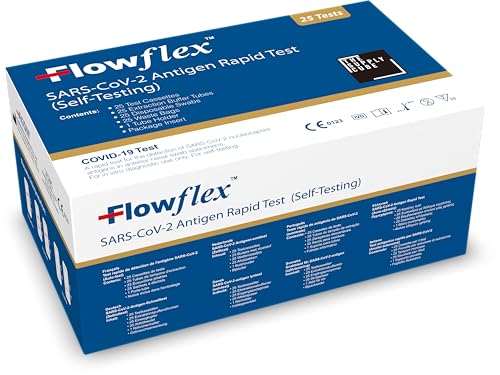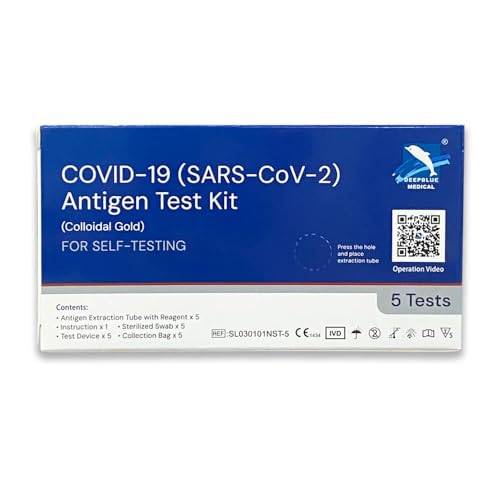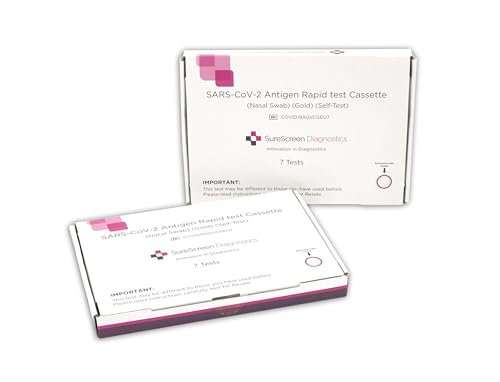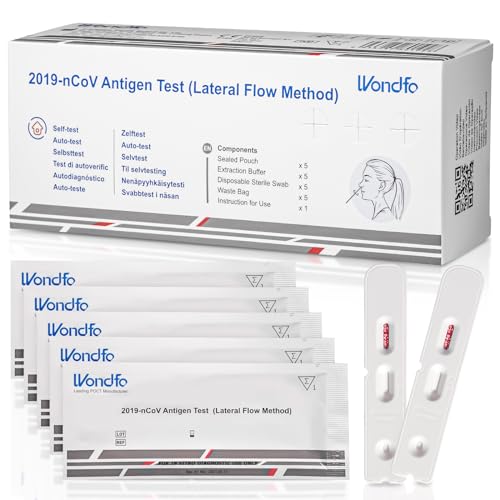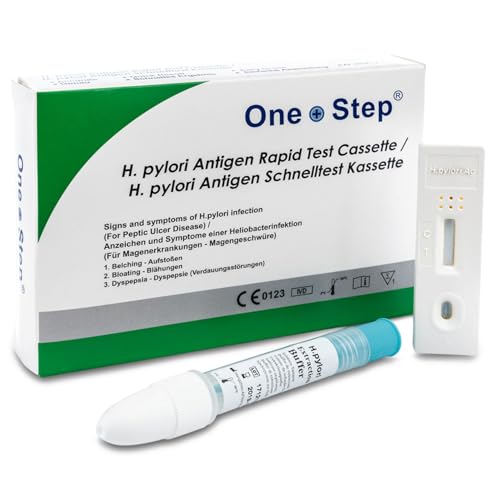Understanding Covid Self-Tests: What They Are and How They Work
What Are Covid Self-Tests?
Covid self-tests are convenient at-home kits designed to detect the presence of Covid-19 in your body, typically through a nasal swab or saliva sample. These tests allow you to check your Covid status quickly and privately, helping you to take necessary precautions without needing to visit a healthcare facility. It’s important to note that these tests are generally rapid tests, providing results within a short time frame, usually between 15 to 30 minutes.
How Do They Work?
Covid self-tests function by detecting specific proteins associated with the virus or its genetic material. When you conduct a test, you collect a sample as directed in the instructions. This sample is then applied to a testing device, where a chemical reaction occurs if the virus is present. If you’re familiar with pregnancy tests, the process and result display are quite similar, using lines or colours to indicate the outcome. Most kits come with easy-to-follow instructions, ensuring that you can carry out the test with minimal fuss.
Choosing the Right Covid Self-Test for Your Needs
Factors to Consider When Selecting a Test
When it comes to choosing a Covid self-test, several factors can help tailor your selection to your specific needs. Firstly, consider the type of test: there are antigen tests that detect proteins from the virus and PCR tests that check for the virus’s genetic material. In general, antigen tests are available for quick results, while PCR tests offer higher accuracy but may take longer. Additionally, consider the reliability of the test, as some kits are known for higher sensitivity and specificity. These metrics can influence your decision depending on how critical it is to have a reliable reading.
Where You Intend to Use the Test
Another crucial aspect is understanding where you will be using the test. If you need to test yourself before attending an event or travelling, a rapid antigen test may suit you well for its speed. However, if you’re symptomatic or have been in close contact with a confirmed case, opting for a PCR test might be wise, as it typically provides a more accurate result.
Step-by-Step Guide to Using Covid Self-Tests Effectively
Preparing for the Test
To ensure an effective testing process, it’s essential to read through the instruction leaflet that comes with the self-test kit thoroughly. Make sure to gather all necessary items such as tissues and a clock to time your test. Before you begin, wash your hands with soap and water to minimise the risk of contamination.
Conducting the Test
When you’re ready to proceed, collect your sample according to the kit instructions, whether it be using a swab or saliva. Follow the directions carefully, put your sample in the testing device, and wait for the specified time to elapse while the test runs. This is a critical phase, so setting a timer can help ensure that you don’t forget about your test while you go about other tasks.
Disposing of the Test Safely
After the waiting period, dispose of the test correctly to avoid any unnecessary health risks. Seal it in the provided packaging if available, or place it in a sealed bag, and discard it in your general waste.
Interpreting Your Results: What to Do Next
Reading the Results
Understanding your test results can be straightforward if you know what to look for. Most tests will show clear indicators for a negative or positive result, often using lines or colours. A control line indicates that the test has functioned correctly, while a test line shows the result. Pay close attention to the instructions for your specific test, as each kit may have slight variations in interpreting the results.
What to Do After Testing Positive or Negative
If your result is positive, you should isolate immediately and follow your local health guidelines, which may include taking a PCR test for confirmation. If negative, it’s still wise to monitor for any symptoms since no test is foolproof. Always consider the context of your exposure to the virus and consult any specific guidance from health professionals if in doubt.
Where to Buy Covid Self-Tests and Tips for Getting the Best Value
Shopping for Tests
Covid self-tests are widely available at pharmacies, supermarkets, and online retailers. When shopping, it’s beneficial to check for trusted brands known for their reliability. In addition to this, compare prices across different retailers to ensure that you are getting the best deal possible.
Maximising Value
To maximise your value, consider buying in packs if you see a deal, especially if you plan to test regularly or for family use. Additionally, keep an eye out for sales or promotions, which can further reduce costs. Checking for expiry dates before purchase is also handy, as tests have a shelf life and you want to ensure its effectiveness when you decide to use it.


